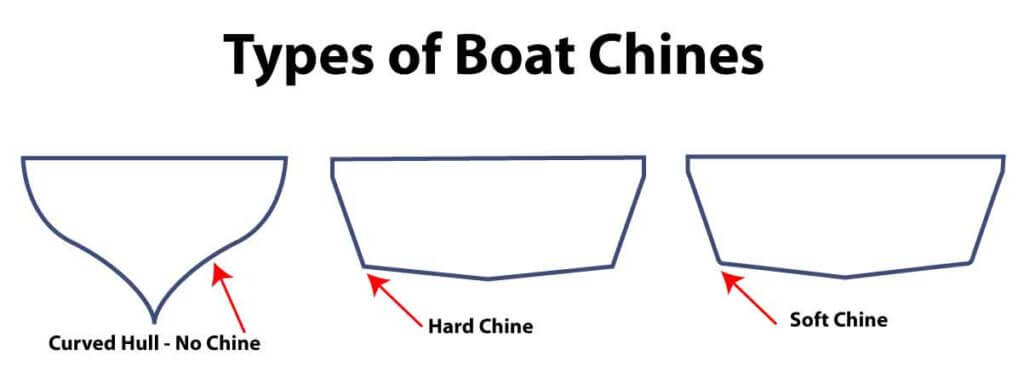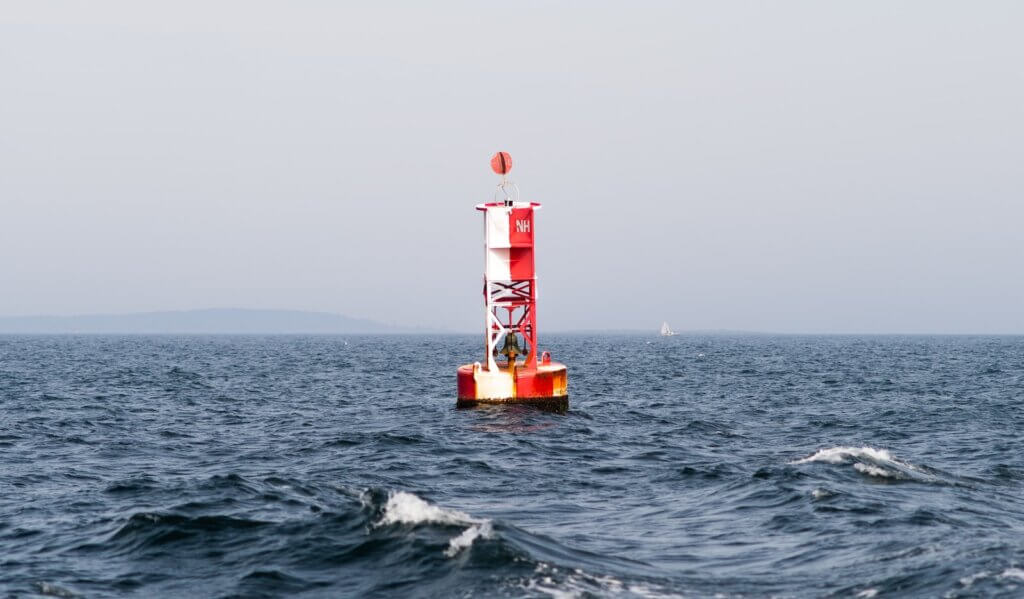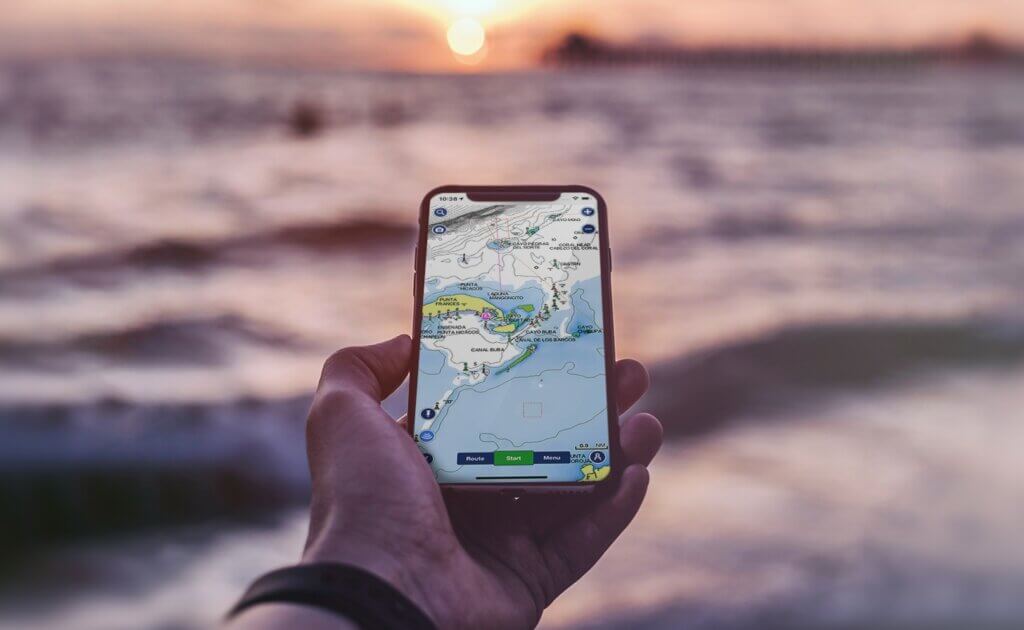Curious about the average cost of boat insurance? Discover the factors that affect it, along with expert to lower costs and find affordable coverage. Learn about common coverage options and how to compare quotes from different insurers.
Factors Affecting the Average Cost of Boat Insurance
When it comes to boat insurance, there are several factors that can influence the average cost. Understanding these factors can help you make informed decisions when purchasing boat insurance. In this section, we will explore the following factors:
Type and Size of Boat
The type and size of your boat play a significant role in determining the cost of insurance. Larger boats generally require higher insurance premiums due to their increased value and potential for more extensive damage. Additionally, certain types of boats, such as high-performance boats or yachts, may have higher insurance costs due to their specialized features and higher risk factors.
Age and Condition of Boat
The age and condition of your boat also impact the cost of insurance. Older boats may have higher insurance premiums due to their increased likelihood of mechanical issues or structural deterioration. On the other hand, well-maintained and newer boats may qualify for lower insurance rates as they are considered to be in better condition and pose less risk.
Usage of the Boat
How you use your boat can affect the cost of insurance. Insurance providers typically categorize boat usage into different classes, such as pleasure use, fishing, or liveaboard. Pleasure use, which involves recreational activities like cruising and water sports, generally carries lower insurance rates compared to commercial or liveaboard usage. The more frequently and extensively you use your boat, the higher the insurance premiums are likely to be.
Location of the Boat
The location where your boat will be primarily used and stored can impact insurance costs. Factors such as the navigational area, local weather conditions, and crime rates in the area can influence the risk associated with insuring your boat. For example, if you plan to boat in an area prone to hurricanes or high theft rates, your insurance premiums may be higher to account for these increased risks.
Coverage Options
The coverage options you choose for your boat insurance policy can also affect the average cost. Insurance providers offer a range of coverage options to suit different needs and budgets. Some common coverage options include:
- Liability Coverage: This protects you financially if you cause bodily injury or property damage to others while operating your boat.
- Physical Damage Coverage: This covers repairs or replacement costs if your boat is damaged or destroyed due to accidents, storms, or other covered events.
- Uninsured/Underinsured Boater Coverage: This provides protection if you are involved in an accident with another boater who doesn’t have insurance or has insufficient coverage.
- Medical Payments Coverage: This covers medical expenses for you and your passengers in the event of an accident.
- Personal Property Coverage: This protects your personal belongings, such as fishing equipment or water sports gear, that are onboard the boat.
The coverage options you select will impact the cost of your insurance premiums. It’s important to carefully consider your coverage needs and consult with insurance providers to find the right balance between protection and affordability.
How to Lower the Cost of Boat Insurance
Boat insurance is an essential investment for any boat owner, providing protection and peace of mind. However, the cost of boat insurance can vary significantly depending on several factors. In this section, we will explore various strategies to help you lower the cost of your boat insurance premiums.
Take a Boating Safety Course
One effective way to reduce the cost of boat insurance is by taking a boating safety course. Many insurance providers offer discounts to boat owners who have completed an approved safety course. These courses cover important topics such as navigation rules, emergency procedures, and safe boating practices.
By investing your time in a boating safety course, not only will you enhance your knowledge and skills as a boat operator, but you may also be eligible for a significant discount on your insurance premiums. It’s a win-win situation that promotes safety and saves you money.
Install Safety and Security Features
Another pro-active step to lower your boat insurance costs is by installing safety and security features on your boat. Insurance companies appreciate boat owners who prioritize safety and take measures to protect their vessels from potential risks and theft.
Consider installing features such as GPS tracking systems, alarms, and fire extinguishers. These safety measures not only reduce the chances of accidents and damage but also act as deterrents against theft. Insurance providers often offer discounts to boat owners who have implemented these security enhancements, as they lower the risk of claims.
Increase Deductible
Adjusting your deductible is another effective strategy to lower the cost of boat insurance. The deductible is the amount you pay out of pocket before your insurance coverage kicks in. By increasing your deductible, you assume more financial responsibility in the event of a claim, which often results in lower premiums.
Before increasing your deductible, it’s important to assess your financial situation and determine an amount that you can comfortably afford to pay in the event of a claim. While raising your deductible can lead to immediate savings on your premiums, ensure it aligns with your financial capabilities.
Bundle Insurance Policies
Bundling your boat insurance with other insurance policies, such as auto or homeowners insurance, can result in significant cost savings. Many insurance companies offer multi-policy discounts to customers who choose to consolidate their insurance needs with a single provider.
By bundling your insurance policies, you not only simplify your insurance management but also enjoy the convenience of dealing with a single company for all your coverage needs. Additionally, insurance providers often reward customer loyalty by offering attractive discounts for maintaining multiple policies with them.
Shop Around for Quotes
When it comes to boat insurance, it pays to be proactive and shop around for quotes from different insurers. Insurance premiums can vary significantly between companies, so it’s important to compare multiple quotes to ensure you’re getting the best possible coverage at the most competitive price.
Take the time to research reputable insurance providers and request quotes based on your specific boat and coverage requirements. While considering the cost, also evaluate the reputation and financial stability of the insurance company. Look for customer reviews and ratings to gain insights into their claims handling process and customer service.
Remember, finding affordable boat insurance isn’t just about the price; it’s about striking the right balance between cost and coverage. A comprehensive policy that adequately protects your boat is equally important as saving money on premiums.
Table: Comparison of Boat Insurance Quotes
| Insurance Company | Premium (Annual) | Coverage Details |
|---|---|---|
| Company A | $800 | Liability, Physical Damage, Uninsured/Underinsured Boater, Medical Payments, Personal Property |
| Company B | $900 | Liability, Physical Damage, Uninsured/Underinsured Boater, Medical Payments, Personal Property, Additional Towing Coverage |
| Company C | $750 | Liability, Physical Damage, Uninsured/Underinsured Boater, Medical Payments, Personal Property |
| Company D | $950 | Liability, Physical Damage, Uninsured/Underinsured Boater, Medical Payments, Personal Property, Enhanced Emergency Assistance |
Please note that the above table is for illustrative purposes only and actual quotes may vary based on individual circumstances and coverage requirements. It’s essential to contact the insurance companies directly for accurate and personalized quotes.
Common Coverage Options for Boat Insurance
Boat insurance is essential for protecting your investment and ensuring your peace of mind while out on the water. Understanding the different coverage options available is key to finding the right policy for your needs. Let’s explore the common coverage options for boat insurance and what they entail.
Liability Coverage
Liability coverage is a fundamental component of boat insurance. It provides financial protection in case you’re held responsible for causing bodily injury or property damage to others while operating your boat. Accidents can happen unexpectedly, and liability coverage ensures that you won’t be financially burdened by legal expenses or compensation claims.
With liability coverage, your insurance company will step in to cover the costs associated with legal defense, settlements, or judgments against you. This coverage not only protects your assets but also provides assistance in case you are sued for an accident on the water.
Physical Damage Coverage
Just like any other vehicle, boats are susceptible to physical damage. Whether it’s due to a collision with another vessel, striking a submerged object, or a severe weather event, physical damage coverage safeguards you against the high cost of repairs or replacement.
Physical damage coverage typically includes two components: hull coverage and machinery coverage. Hull coverage protects the boat’s structure, including the hull, deck, and permanent fittings. Machinery coverage, on the other hand, covers damage to the boat’s engine, transmission, and other mechanical equipment.
When selecting physical damage coverage, it’s important to consider the agreed value or actual cash value options. Agreed value coverage pays the agreed-upon amount stated in the policy if the boat is deemed a total loss, while actual cash value coverage takes into account depreciation and pays the current market value of the boat at the time of the loss.
Uninsured/Underinsured Boater Coverage
Even though boat insurance is highly recommended, not all boaters choose to carry it. In the unfortunate event that you’re involved in an accident with an uninsured or underinsured boater, this coverage will protect you.
Uninsured/underinsured boater coverage ensures that you’re compensated for bodily injury or property damage caused by another boater who lacks sufficient insurance coverage. It helps bridge the gap between what the at-fault party can pay and the actual costs incurred.
Medical Payments Coverage
Accidents can result in injuries, and medical expenses can quickly add up. Medical payments coverage, also known as MedPay, provides coverage for medical bills incurred by you or your passengers due to a boating accident, regardless of who is at fault.
This coverage can assist with expenses such as hospital visits, doctor’s fees, surgery, and rehabilitation. It’s important to note that medical payments coverage is usually limited and may not cover all medical costs. However, it can provide a valuable financial safety net during a time of need.
Personal Property Coverage
When you’re out on the water, you likely bring along personal belongings such as fishing equipment, water sports gear, and electronics. Personal property coverage ensures that these items are protected in the event of theft, damage, or loss.
This coverage extends beyond the boat itself and covers items that are used for recreational purposes while on board. It’s crucial to review the policy’s coverage limits and exclusions to ensure that your valuable personal property is adequately protected.
(*) When selecting boat insurance, it’s essential to carefully consider your coverage needs and budget. Each coverage option serves a specific purpose and provides unique benefits. By combining the right coverage options, you can create a comprehensive policy that suits your specific boating lifestyle.
Remember, boat insurance is not a one-size-fits-all solution. Factors such as the type and size of your boat, its age and condition, and your intended usage will influence the coverage options you should prioritize. It’s always a good idea to consult with an experienced insurance agent who can guide you through the process and help you find the best policy for your needs.
In the next section, we’ll explore tips for finding affordable boat insurance without compromising on coverage.
Tips for Finding Affordable Boat Insurance
Are you in the market for boat insurance but worried about the cost? Don’t fret! In this section, we will provide you with some valuable to help you find affordable boat insurance that meets your needs. From comparing quotes to asking for available discounts, we’ve got you covered. Let’s dive in!
Compare Quotes from Different Insurers
One of the best ways to find affordable boat insurance is to compare quotes from different insurers. Just like with any other type of insurance, the rates can vary significantly between providers. By taking the time to shop around and get multiple quotes, you can ensure that you’re getting the best deal possible.
So how do you go about comparing quotes? It’s easier than you might think. Start by identifying a list of reputable boat insurance providers. You can do this by conducting online research or asking for recommendations from fellow boat owners. Once you have your list, reach out to each insurer and request a quote based on your specific boat and coverage needs.
When comparing quotes, don’t just focus on the price. It’s important to also consider the coverage limits, deductibles, and any additional benefits or discounts offered. By evaluating all these , you can make an informed decision and choose the insurance policy that provides the best value for your money.
Consider Higher Deductibles
Another effective way to lower the cost of boat insurance is to consider opting for higher deductibles. A deductible is the amount you agree to pay out of pocket before your insurance coverage kicks in. By choosing a higher deductible, you can reduce your insurance premium.
However, it’s essential to carefully evaluate your financial situation before deciding on a deductible. While a higher deductible can save you money on your monthly premium, it also means that you’ll have to pay more in the event of a claim. Make sure that you have enough funds set aside to cover the deductible comfortably.
Opt for Actual Cash Value Coverage
When selecting boat insurance, you’ll come across different coverage options. One option that can help lower the cost is actual cash value coverage. This type of coverage takes into account the depreciated value of your boat at the time of the loss.
With actual cash value coverage, you’ll receive a payout based on the current market value of your boat, taking into consideration factors such as its age, condition, and any wear and tear. While this coverage may result in a lower payout compared to replacement cost coverage, it can significantly reduce your insurance premium.
It’s important to note that actual cash value coverage may not be suitable for everyone. If you have a newer boat or highly valuable watercraft, you may want to consider replacement cost coverage to ensure you can replace your boat with a new one in the event of a total loss. Evaluate your boat’s value and your budget to determine which option is the best fit for you.
Ask for Available Discounts
Don’t hesitate to ask insurers about any available discounts when shopping for boat insurance. Many companies offer various discounts that can help reduce your premium. Here are some common discounts to inquire about:
- Multi-policy discount: If you already have other insurance policies with the same provider, such as car or home insurance, you may be eligible for a multi-policy discount.
- Boating safety course discount: Taking a boating safety course demonstrates your commitment to safe boating practices and can qualify you for a discount.
- Good driving record discount: If you have a clean boating record with no accidents or violations, you may be eligible for a good driving record discount.
- Safe boating equipment discount: Installing safety and security features on your boat, such as GPS tracking systems, alarms, or fire extinguishers, can often earn you a discount.
- Membership discount: Some insurance companies offer discounts to members of boating associations or clubs.
Remember, not all insurers offer the same discounts, so it’s worth asking each provider about the specific discounts they offer. By taking advantage of these discounts, you can save a significant amount of money on your boat insurance.
Review and Update Coverage Regularly
Once you’ve secured boat insurance, it’s important to regularly review and update your coverage. Circumstances can change over time, and you want to ensure that your policy reflects your current needs.
For example, if you’ve made significant upgrades to your boat or purchased expensive equipment, you may need to adjust your coverage limits to adequately protect your investment. On the other hand, if you’ve downsized or sold your boat, you may want to consider reducing your coverage to save on premiums.
Reviewing your coverage annually or whenever there are significant changes in your boating lifestyle will help you stay informed and make any necessary adjustments. It’s always better to be proactive and ensure that you have the right level of coverage rather than discovering gaps in protection when it’s too late.
In conclusion, finding affordable boat insurance is possible if you know where to look and what to consider. By comparing quotes, considering higher deductibles, opting for actual cash value coverage, asking for available discounts, and regularly reviewing and updating your coverage, you can secure a policy that fits your budget without compromising on protection. Happy boating!





